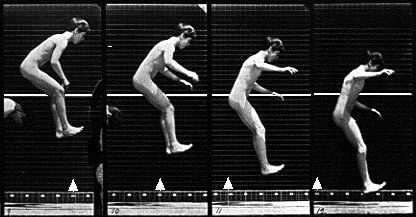
Fashioning the Body: Versions of the Citizen, the Self, and the Subject
The Evergreen State College | Fall 2007-Winter 2008
User Login |
Corpus post: week 2Foucault said "...one does not confess without the presence (or virtual presence) of a partner..." (pg 61) On Rosh Hashannah the Jewish new year (actually one of four Jewish new years) there is a ritual called tashlikh during which members of the Jewish community take pieces of bread and throw them into a river, lake, ocean, etc. to symbolize casting off the sins of the previous year, to begin fresh for the new year. Each piece of bread a person throws symbolizes a different sin, but you don't have to tell anybody what the sin is, it can remain a secret. But this is still a form of confession that fits Foucault's definition, because the virtual presence is G-d in this case. On Yom Kippur the Jewish day of atonement there is a ritual that is performed three to five times through out the day depending on the congregation, in which everyone confesses to the same sins. The congregation chants together a list of the sins that we all commit. The list is something along the lines of: forgive me for the wrongs I have committed through lies, forgive me for the wrongs I have committed through acts of violence... and it goes on for several pages. I interpertet it as a ritual of admitting humanity. Since these are things that everyone has to confess to, perhaps it is just in our nature to be imperfect. However, that doesn't mean we should ignore the things we do wrong, even if we are never perfect, we all have room for improvement. So these are two rituals that are both about sin, but comes from a position of getting rid of them, and the other comes from a position of embodying them in order to over come them.
Submitted by Marie on Fri, 10/05/2007 - 12:25pm. Marie's blog | login or register to post comments | printer friendly version
|
Who's onlineThere are currently 0 users and 1 guest online.
Events
|
|||||||||||||||||||||||||||||||||||||||||||||||||